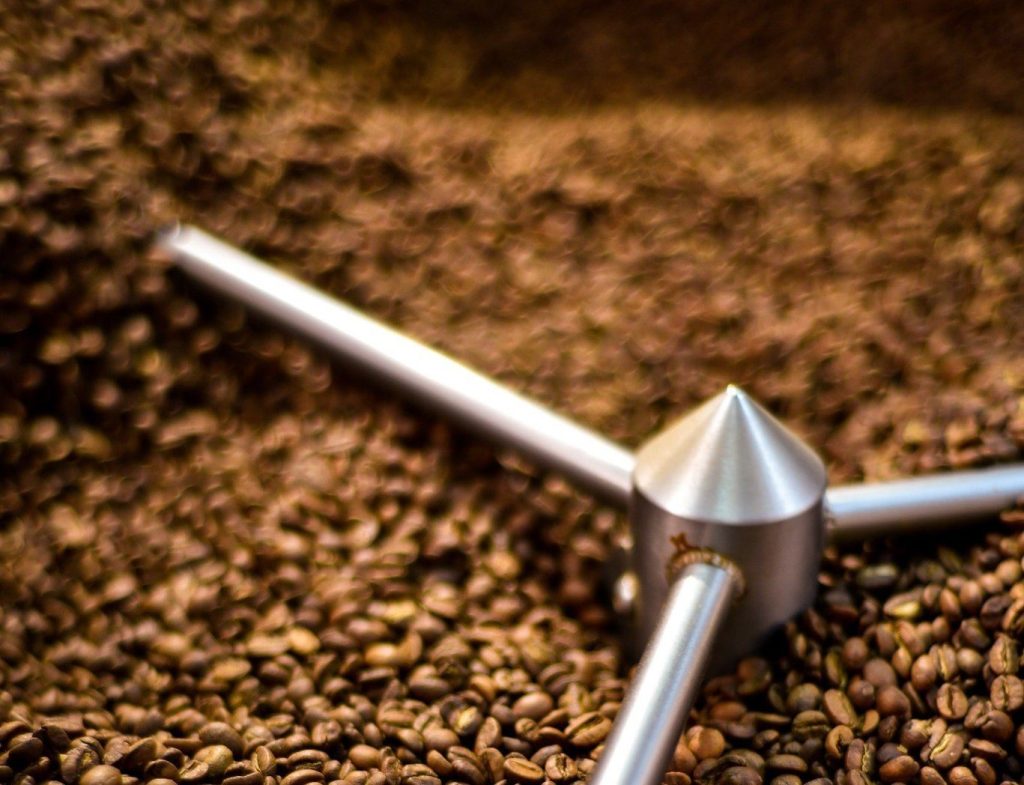Chasing a personal best this summer? Coffee can help – but there’s a skill to timing your pre-workout caffeine fix for increased performance and many of us in London are doing it wrong.
Sports and exercise scientist, and former pro-cyclist Andy Turner has provided a deeper insight on timing your caffeine fix for a personal best.
“The best time to consume coffee for athletic performance is one hour before exercise, as it takes roughly one hour for caffeine to take effect.”
He added that its benefits then last for around four hours – long enough to last the duration of most physical activities, but there are exceptions.
“For longer endurance sports like ultra-marathons, it could be a good idea to have a top-up shot of espresso a couple of hours into the activity to ensure the energy-boosting effects of caffeine stand the test of time – providing it’s safe and convenient to do so, of course!”
It appears that choosing the right time to have a pre-workout caffeine kick has both physical and mental benefits that can aid performance.
Andy explained: “Caffeine acts as a fatigue blocker by bonding to adenosine receptors. This delays the onset of fatigue in the central nervous system which limits high-intensity exercise – essentially, caffeine prevents your brain from telling your body it’s getting tired and is time to stop.”
He added that it can also increase alertness and focus, which is particularly helpful in team sports and cycling, where you have to be even more alert to what’s going on around you.
Andy’s comments come as a new survey conducted by speciality roaster Pact Coffee reveals that more than half of Londoners (51%) consider drinking coffee an integral part of their pre-workout routine.
However, it seems that one in four might be missing a trick by drinking it too soon before exercising – with 24% having their caffeine fix more than one hour beforehand, according to the survey.
Commenting on the results of the survey, Will Corby, Pact Coffee’s Director of Coffee, said: “I’m not surprised by the amount of people whose pre-workout routine includes a cup of coffee.
“Not only has coffee boomed in popularity over the last few years, it’s also probably the number one source of caffeine for most people, and Pact Coffee has a huge and inspiring customer base of people who are living active lifestyles in London.”
Will added that Pact Coffee’s survey also revealed that the top reasons why people are drinking coffee before exercising include to increase alertness and focus (28%), to feel more energised (23%) and, rounding out the top three, to improve physical performance (21%).
“It’s disappointing that taste didn’t rank highly – in fact, only one in 10 Londoners say they savour the taste of their pre-workout kick,” continued Will. “Just because you’re consuming something for its functional benefits, doesn’t mean you can’t enjoy it as well.
“That’s a big reason why we’re launching a brand new, limited edition coffee to be enjoyed as a pre-exercise caffeine kick called ‘La Energia’ – a dark roast boasting hints of dark chocolate and blackcurrant jam, and the natural energy boosting effects of caffeine.”
The roaster’s new coffee will be available as filter or espresso, and in either whole bean or pre-ground precisely for their brewing equipment – a deliberate decision by Pact Coffee to make it easier for people to get the maximum effects from ‘La Energia’.
“If you’re using caffeine to aid physical performance, how you brew your coffee is just as important as when you drink it,” explained Will.
“More potent extracting forms like with a pressurised espresso machine, for example, will get more caffeine out in a shorter period of time. As will a method like cold brew.”
Andy agreed with Pact Coffee’s advice, adding that he recommends a caffeine intake of three to six milligrams of body mass for performance gains.
“To put that into perspective, a single espresso shot is around 60 milligrams, depending on the coffee, and, importantly, how it’s brewed and how long it’s been brewed. This means that a 70 kilogram individual should be drinking between 210 to 420 milligrams of caffeine before exercise for peak performance, or four or more espressos.”


